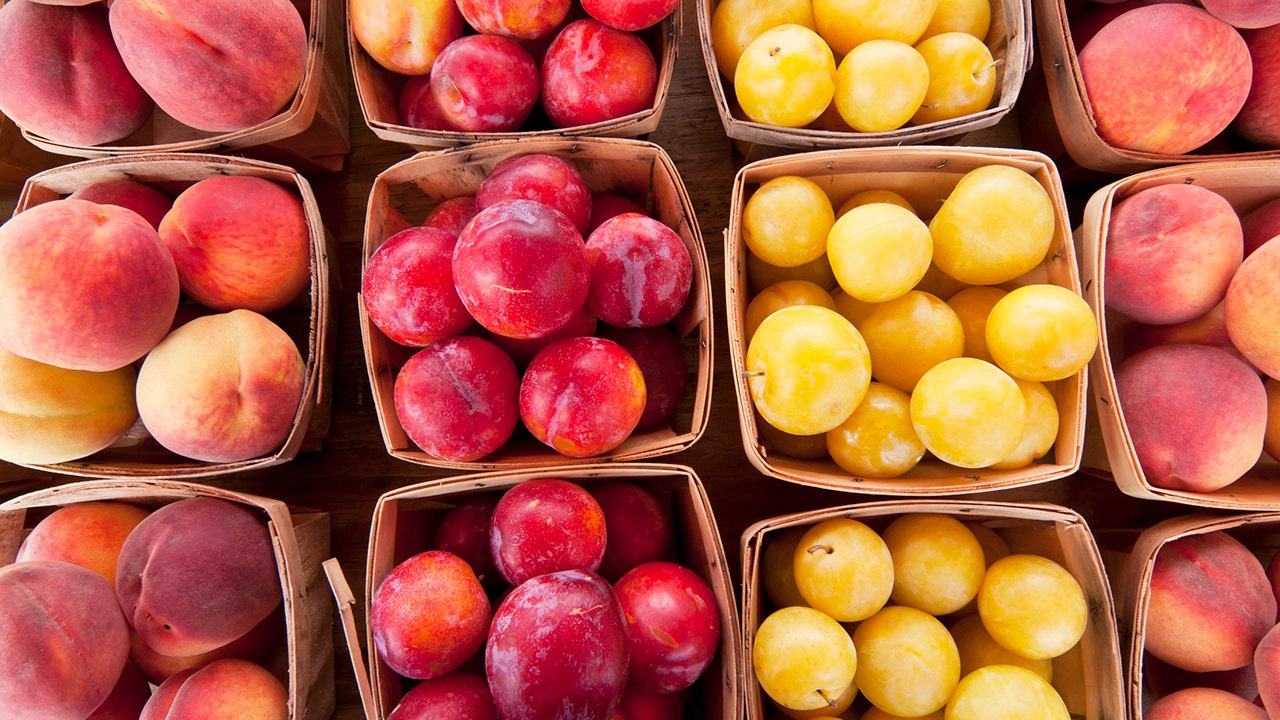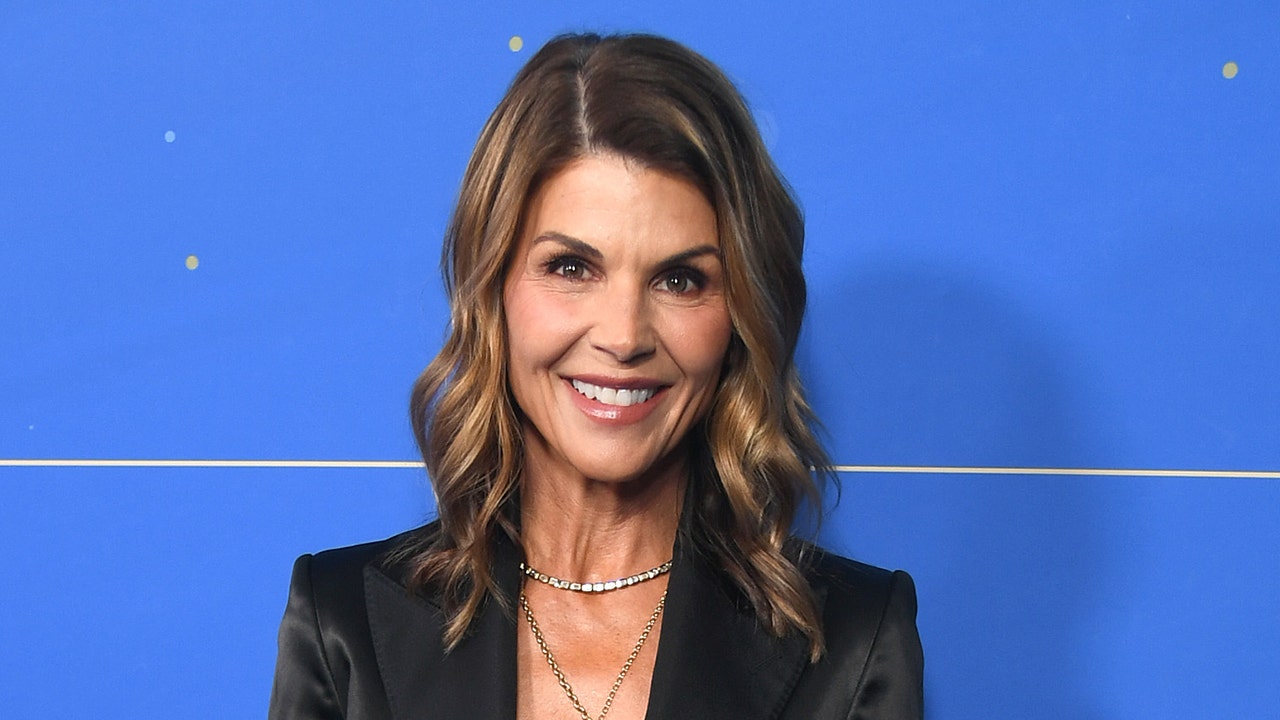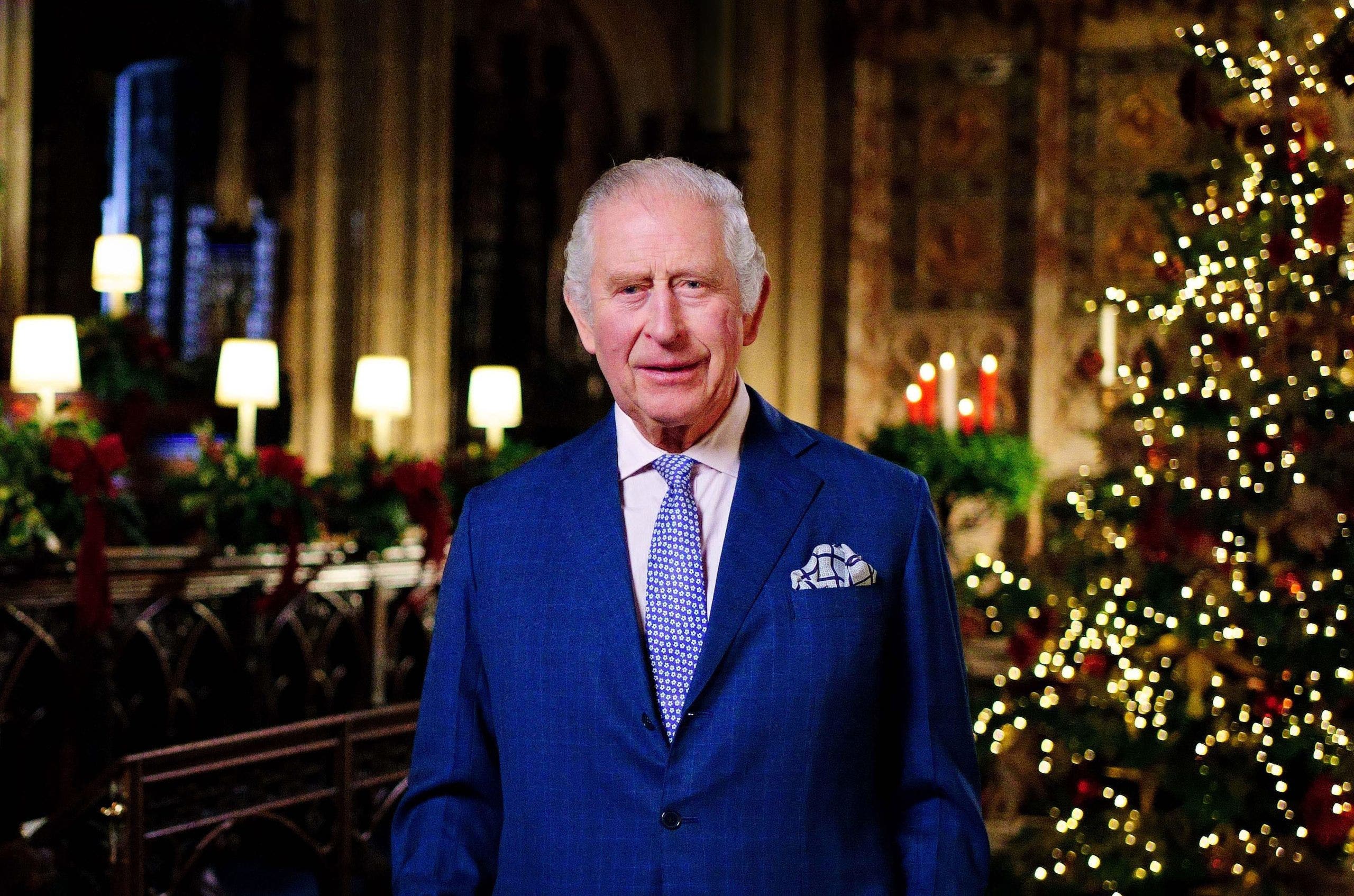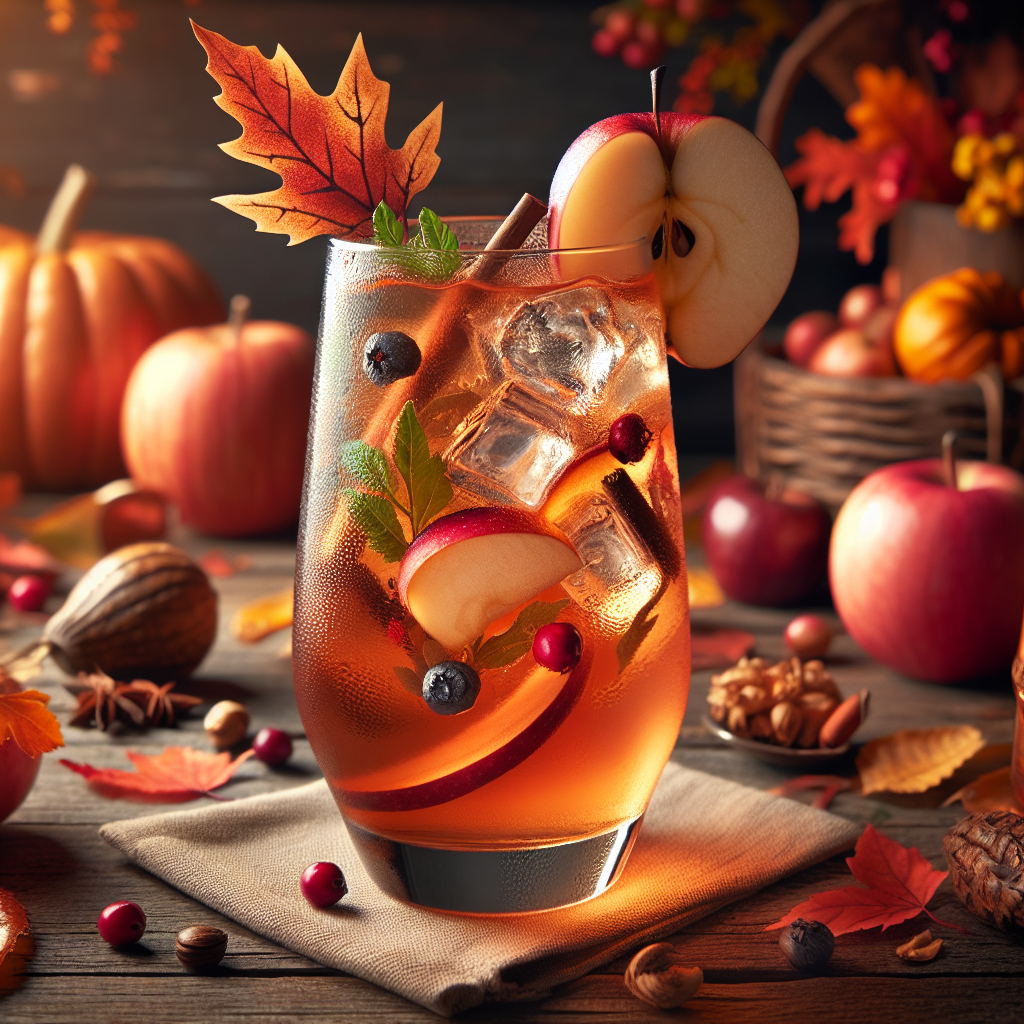A Taste of Decolonization: Exploring Owami’s Unique Cocktail Program
In the bustling heart of Minneapolis, a culinary revolution is brewing at Owami, the remarkable restaurant founded by Lakota Sioux chef Sean Sherman. Here, the kitchen transforms American cuisine, shedding the heavy shadows of colonial influence to embrace a vibrant, indigenous food culture. Owami’s approach is both profound and refreshing, steering clear of sugar, flour, and dairy—the hallmark ingredients of European settlers. This thoughtful endeavor invites diners not just to eat, but to engage with a narrative rich in history, tied to the land and its original stewards.
Spirits and the Absence of Spirits: A Radical Cocktail Concept
Owami’s bar program sets itself apart with a completely non-alcoholic approach, an audacious decision in an age when craft cocktails dominate many restaurant scenes. The absence of spirits, sugar, and citrus in the cocktail lineup might initially raise eyebrows, yet this choice is deeply aligned with the restaurant’s mission. Jasmine Teague, Owami’s bartender, provides insight into this creative direction: “Each drink is not just something that is delicious to consume; it provides something for the body as well.”
This philosophy transforms the cocktail experience into something holistic and nourishing, much like the food that accompanies it. Instead of the typical cocktail components, the drinks are crafted from fruits, herbs, and roots that resonate with Indigenous communities. They aim to create flavors that are not only enjoyable but also tell a story—one that honors the rich agricultural practices of Native peoples.
The Popular Fall Shrub: Dagwaagin
Among the standout non-alcoholic options is Dagwaagin, a seasonal fall squash shrub that captures the essence of autumn. This drink marries the tartness of apple cider vinegar with the natural sweetness of maple syrup and the warming spice of ginger. It evokes a sense of comfort, reminiscent of brisk walks through brightly colored leaves. Served with a splash of soda water and a garnish of mint, Dagwaagin becomes more than a beverage; it’s an invitation to experience fall in a cup.
This shrub not only delights the palate but also showcases the restaurant’s commitment to native ingredients. Fall squash varieties, like butternut and acorn, offer layers of flavor that vary widely. With each sip, patrons can reflect on the ways ingredients connect them to history and community. This drink serves as a reminder of the richness that comes from locally sourced and traditionally harvested foods.
The Art of Preparation: Crafting Your Own Non-Alcoholic Shrub
For those intrigued by Dagwaagin, the process of making your own non-alcoholic shrub is both accessible and rewarding. Start with any variety of fall squash you prefer; peeling and shredding them unlocks their natural flavors. While a food processor makes quick work of this task, a box grater allows for a more deliberate engagement with your ingredients.
The autumn shrub recipe yields two gallons, a perfect fit for gatherings. Store it in airtight containers, and you’ll find it maintaining its integrity for up to six months. Every time you pour a glass, think of the earth it came from, and how each ingredient plays a role in nourishing the body and spirit.
Reflecting on the Journey of Ingredients
Owami’s commitment to a decolonized menu resonates with broader movements toward sustainability and social justice. By prioritizing BIPOC producers and local ingredients, the restaurant not only serves a meal but engages in a dialogue about history, identity, and reclamation. The simple act of dining becomes an opportunity to reflect on the land, the people who have cared for it, and the future we can create together.
This culinary approach encourages thoughtfulness, asking us to consider how our choices impact the community and environment. Whether you’re savoring a plate of indigenous cuisine or sipping on Dagwaagin, each experience carries the weight of history, enriched by the flavors of a revitalized culture.
As guests leave Owami, they carry with them more than just a full stomach. They depart with a story, a connection to the past, and hope for a future that honors the rightful legacy of the land they inhabit. Each visit reinforces the idea that food can be a bridge to understanding, a means to celebrate and share the vibrant tapestry of Indigenous identity.




































